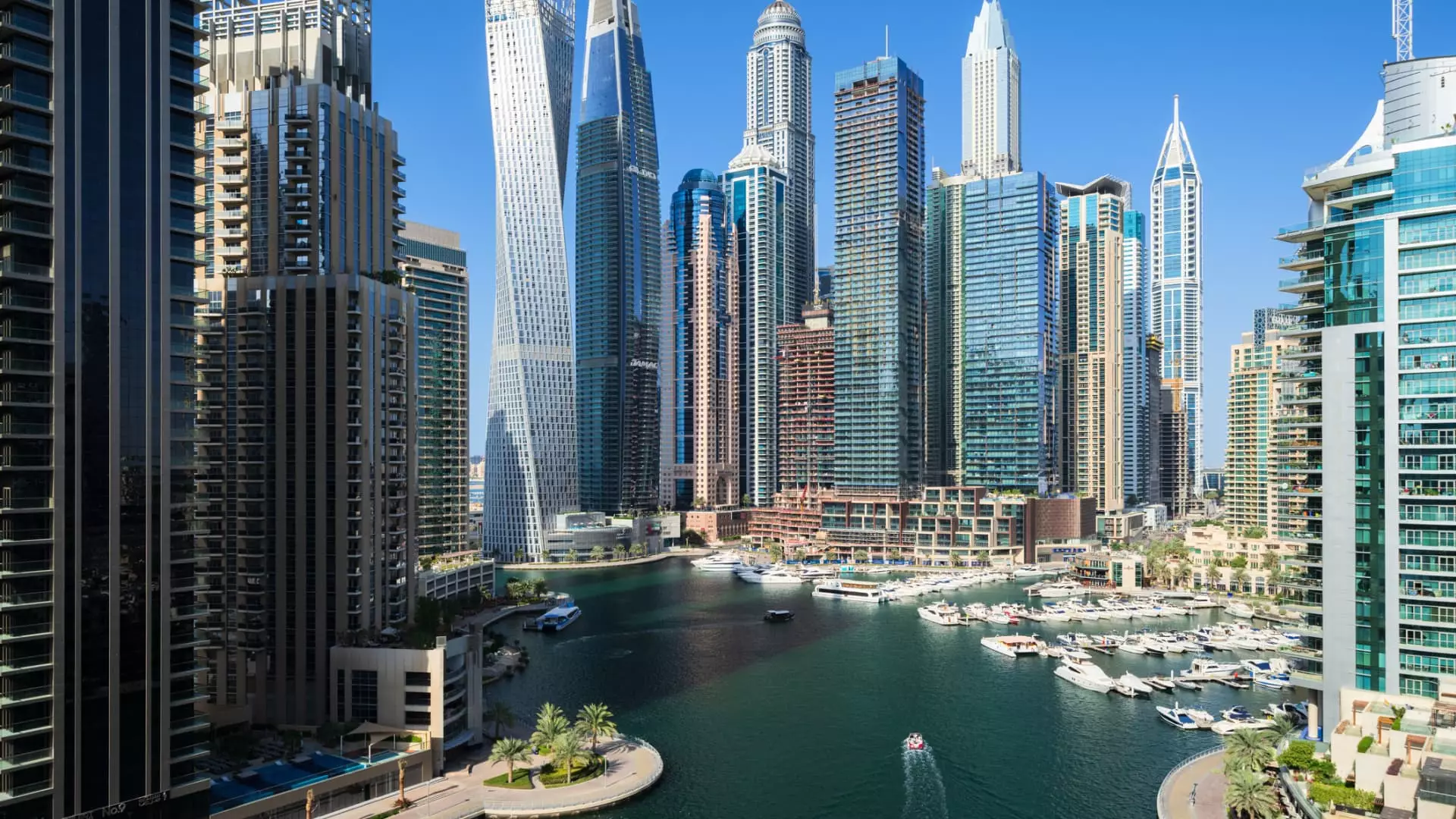In a trend that has been ongoing for several years, the United Arab Emirates (UAE) is solidifying its position as the top destination for wealthy individuals seeking a new home. According to the Henley Private Wealth Migration Report, the UAE is expected to see a record net inflow of 6,700 millionaires by the end of 2024, surpassing the United States in terms of millionaire migration. This influx of wealth can be attributed to various factors such as the country’s zero income tax policy, golden visas, luxurious lifestyle, strategic location, and perceived safety.
One of the key reasons cited for the increasing number of millionaires choosing to relocate to the UAE is the changing financial landscape in their home countries. For example, in the United Kingdom, where many of the UAE’s expatriates originate, the millionaire population is projected to decrease by 17% by 2028 due to rising costs and taxes. The recent landslide victory of the U.K.’s Labour Party has further exacerbated concerns among high-net-worth individuals about potential tax hikes. The prospect of VAT being levied on private school tuition, a campaign promise by the Labour Party, has led many millionaires to seek tax-free alternatives such as Dubai.
Sunita Singh-Dalal, a partner at the Hourani Private Wealth & Family Offices in Dubai, credits the UAE’s development and regulatory reforms for attracting wealthy expats. The country has introduced a robust regulatory framework in the past five years that offers innovative solutions for wealth preservation and enhancement. Additionally, factors such as modern infrastructure, a strong international school system, geographical connectivity, low crime rates, the absence of income tax, the remote worker visa, and various investment incentives contribute to Dubai’s appeal for affluent individuals.
Contrasting Trends in the U.K.
On the other hand, the U.K. is experiencing a decline in its millionaire population, with the UBS Global Wealth Report forecasting a reduction from 3,061,553 millionaires in 2021 to 2,542,464 by 2028. This downward trend is attributed to changes in the country’s tax policies, including the phasing out of the “non-dom” status, which exempted wealthy foreign residents from paying taxes on overseas income. As a result, many foreign residents in the U.K. are expected to seek alternative residency options to minimize their tax liabilities.
While the U.K. faces challenges in retaining its millionaire population, the UAE is poised to continue attracting affluent individuals from around the world. The country’s proactive approach to wealth management, coupled with its attractive incentives and lifestyle offerings, positions it as a top choice for high-net-worth expats seeking a conducive environment for financial growth and stability. As geopolitical and economic conditions evolve, the dynamics of global wealth migration are likely to shift, making it essential for countries to adapt their policies to remain competitive in the global marketplace.

Leave a Reply